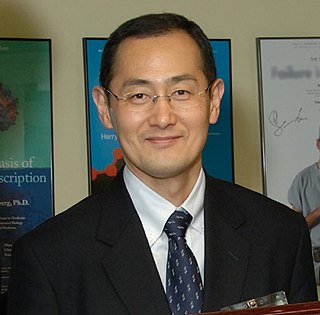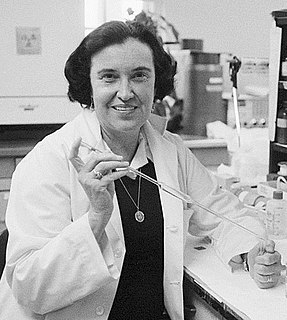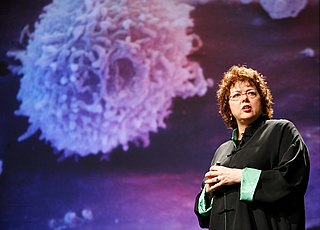A Quote by Tom Frieden
Vaccines and antibiotics have made many infectious diseases a thing of the past; we've come to expect that public health and modern science can conquer all microbes. But nature is a formidable adversary.
Related Quotes
Antibiotics are a very serious public health problem for us, and it's getting worse. Resistant microbes outstrip new antibiotics. It's an ongoing problem. It's not like we can fix it, and it's over. We have to fight continued resistance with a continual pipeline of new antibiotics and continue with the perpetual challenge.
In this article we begin to address the subject of vaccinosis, the general name for chronic dis-ease caused by vaccines. For some readers the very idea that vaccines are anything but wonderful and life-saving may come as a surprise, and it's not a very pleasant one. After all, the general population pictures vaccines as one of modern medicine's best and brightest moments, saving literally millions from the scourge of diseases like poliomyelitis and smallpox.
My own personal view is that vaccines are unsafe and worthless. I will not allow myself to be vaccinated again. .....The bottom line is that infectious diseases are least likely to affect (and to kill) those who have healthy immune systems. I no longer believe that vaccines have any role to play in the protection of the community or the individual. Vaccines may be profitable but, in my view, they are neither safe nor effective. I prefer to put my trust in building up my immune system.
Medicine has changed greatly in the last decades. Widespread vaccinations have practically eradicated many illnesses, at least in western Europe and the United States. The use of chemotherapy, especially the antibiotics, has contributed to an ever decreasing number of fatalities in infectious diseases.
In all, 86 per cent of the increased life expectancy was due to decreases in infectious diseases. And the bulk of the decline in infectious disease deaths occurred prior to the age of antibiotics. Less than 4 per cent of the total improvement in life expectancy since 1700s can be credited to twentieth-century advances in medical care.
I think there's no question that vaccines have been absolutely critical in ridding us of the scourge of many diseases - smallpox, polio, etc. So vaccines are an invaluable medication. Like any medication, they also should be - what shall we say? - approved by a regulatory board that people can trust.

































